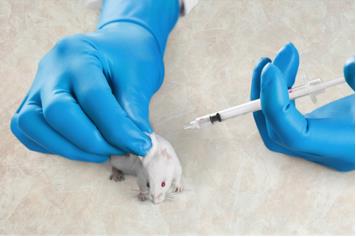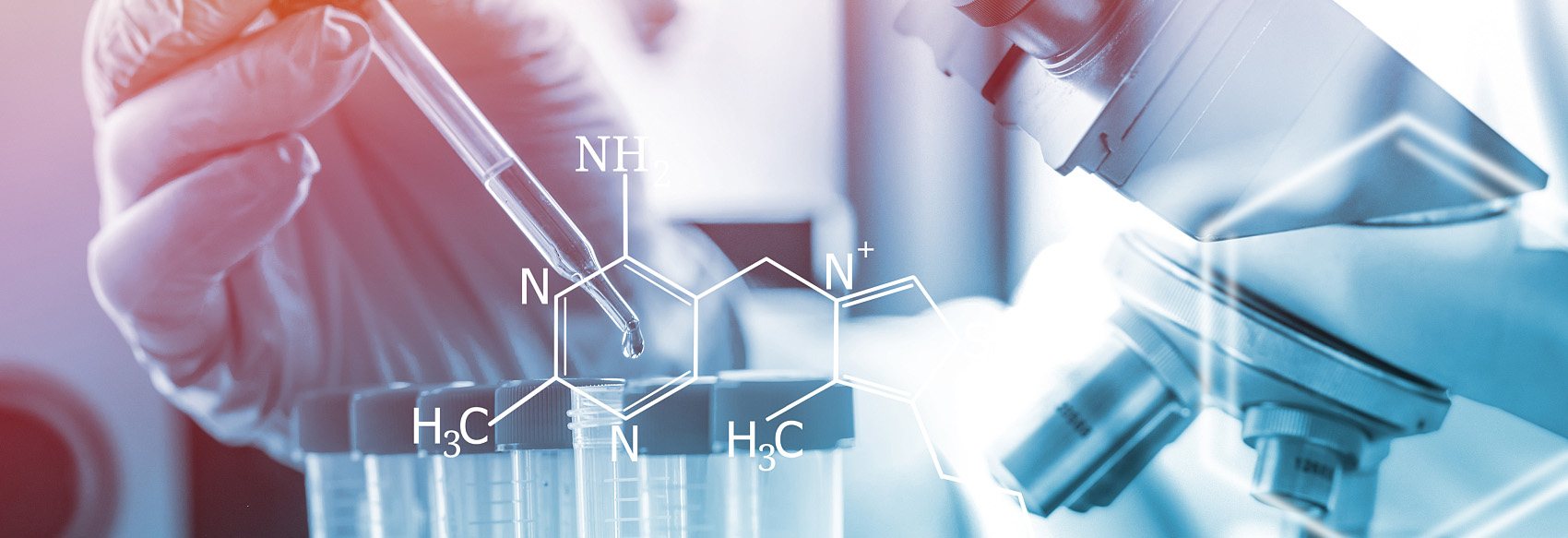Our company provides standard non-GLP and custom toxicological studiess, utilizing either healthy non-human primates or representations of metabolic or other transposable diseases, obesity, or other ailments. To comprehend and meet our clients' needs and research objectives, we collaborate directly with them.
Service Overview

Toxicology tests are intended to identify the negative effects of a medication when given in a single or many doses over time. Testing for toxicity can provide information on a number of different topics, such as toxicity to certain target organs, dose-response correlations, and whether or not effects are reversible.
Our company provides healthy non-human primate laboratory animals for toxicology studies. We may also give non-human primates with metabolic problems, obesity, and spontaneous diabetes so that clients testing the treatments on these patients can gather information specific to the medications being used.
We assess medications using a comprehensive analytical platform to test drugs for both physiological and pathological effects. High-quality data can be provided by our committed team to support preclinical research. The duration of the trial can be customized to match the demands of the customer and the project, and experiments can start as soon as two weeks after the test medicine becomes available (subject to availability).
The projects that can be performed on rodents are shown below.
| General Toxicology | Toxicogenesis |
|---|
- Dose Exploration Test
- Single Dose Toxicity Test
- Multiple Administration Toxicity Test
| - Single-Administration Toxicology Test
- Toxicogenesis with Multiple Dose Toxicity Test
|
Research Capabilities
Our company provides a range of different routes of administration, including:
Conventional Routes of Administration: oral administration, intravenous administration, subcutaneous administration, intradermal administration, intramuscular administration.
Special Routes of Administration: intranasal, retinal injection, rectal, intracerebral stereotaxic, intrathecal, intraventricular, etc.
The types of samples we collect include:
Routine Samples: venous blood, arterial blood, urine samples, feces.
Special Samples: cerebrospinal fluid, vaginal cells, semen.
Our experimental operations include.
Tissue Puncture: liver, kidney, muscle, fat.
Organ Surgery: brain, heart, bone, gastrointestinal tract, liver, kidney.
Our standard tests are as follows.
| Blood Analysis | Red fine run count, hemoglobin concentration, red blood cell pressure volume, mean volume of red fine run, mean cellular hemoglobin concentration, etc. |
| Clinical Biochemistry Analysis | Alanine aminotransferase, aspartate aminotransferase, total bilirubin, total protein, albumin, globulin, glucose, inorganic phosphorus, total cholesterol, etc. |
| Urinalysis | Appearance, volume, specific gravity, pH, glucose, protein, leukocytes, ketone bodies, nitrite, etc. |
| Autopsy | Autopsy, gross examination, organ weights, pathology. |
Overall Solution
Our company's capabilities for safety assessment include test protocol design/preparation/compilation; in vivo experiments; biological sample collection and clinicopathological analysis; statistical data evaluation/analysis; toxicokinetic analysis; autopsy, general examination, organ weight and histology, preparation of pathological tissue sections, special staining, immunohistochemistry; study reporting and data management.

| Tissue and Organ Collection | Analysis Test and Parameter Collection |
|---|
| Collection of blood and other body fluids | Clinical Observation |
| Biopsy tissue collection of liver, kidney, fat, muscle, skin, etc. | Body weight, water/feed intake |
Autopsy (the number of tissues depends on the customer's needs) morphological observation and weighing- Tissue organ collection
- Tissue and organ fixation (10% formalin or 4% formaldehyde)
- OCT frozen embedding
- Liquid nitrogen quick freezing (quick frozen tissue for RNA experiments)
| - Blood count, peripheral monocyte detection, cell sorting, chemical detection
- Blood pressure, electrocardiogram (ECG), glucose monitoring (including continuous monitoring)
- Hematology and bleeding tests
- Bone marrow sectioning and reading
- Urine test
- Histology/Immunohistochemistry
|
For more information, please feel free to contact us.
Related Services
It should be noted that our service is only used for research, not for clinical use.


